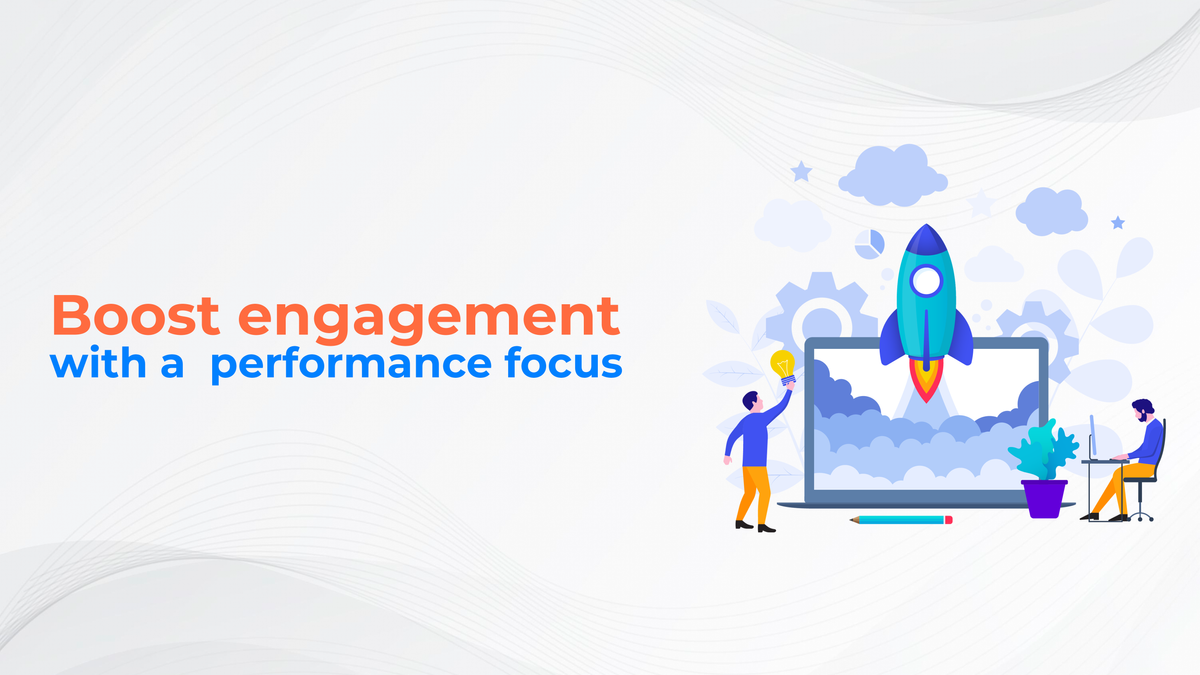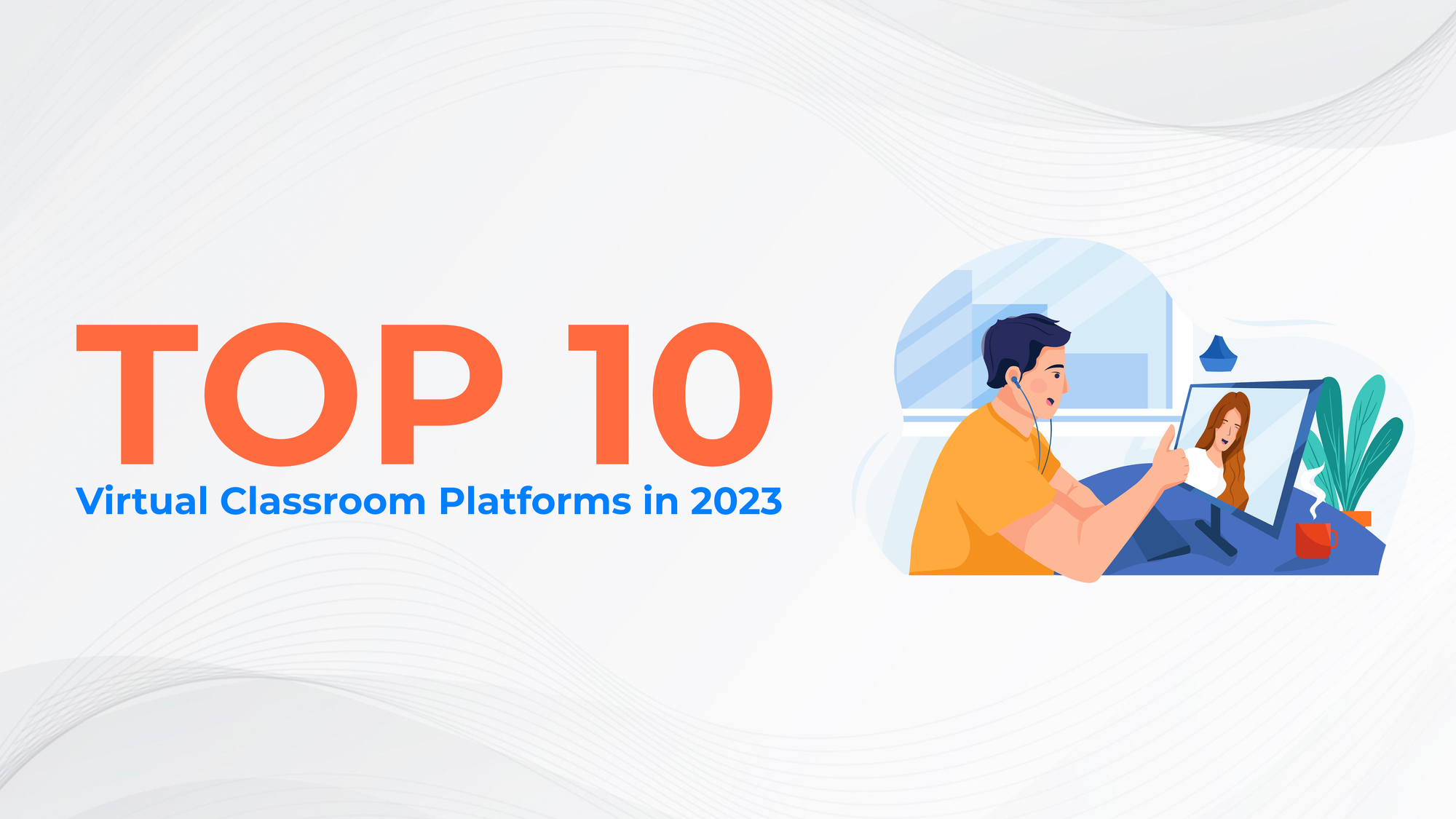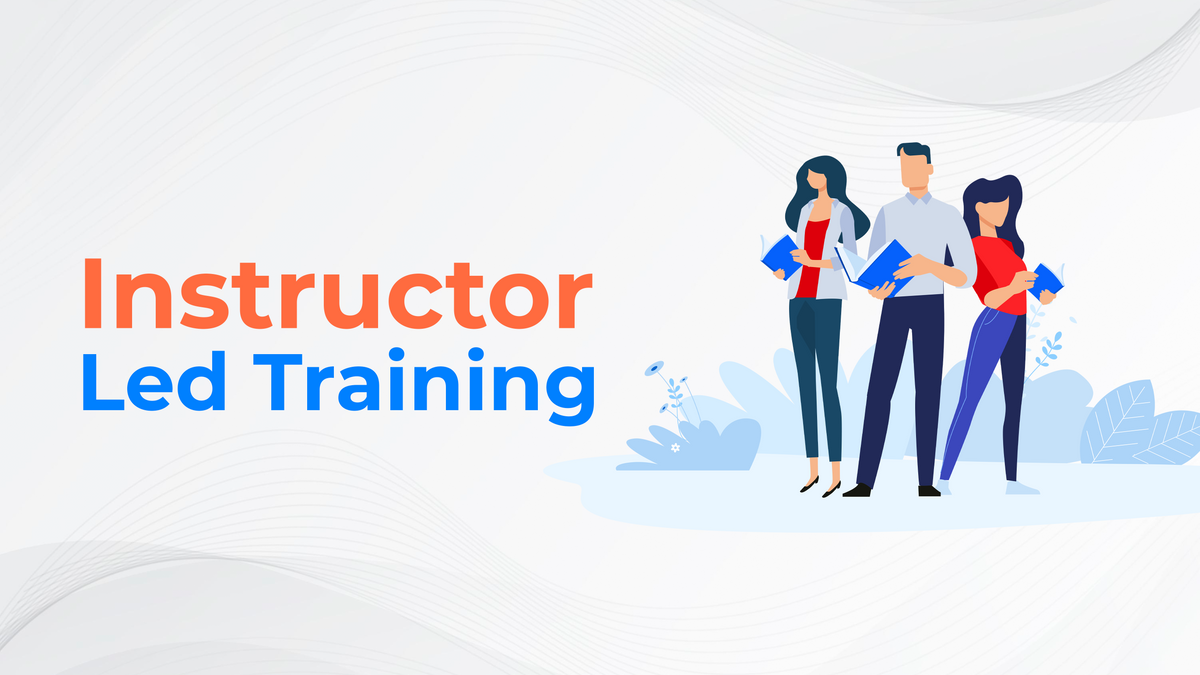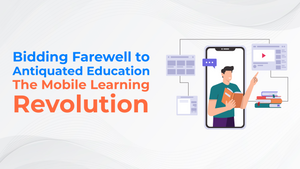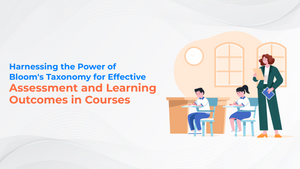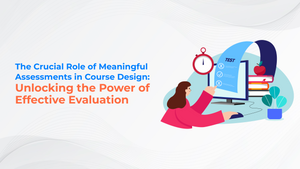Deeper Learning with a Performance Focus is a new approach to teaching that focuses on setting goals and creating meaningful assessments. It enables teachers to create innovative activities that promote active engagement, encourage collaboration among students, and help them develop skills such as problem-solving and critical thinking. This learning method also emphasizes the importance of understanding the subject matter and its practical application, rather than merely memorizing facts.
Deeper Learning with Performance Focus aims to prepare students for college and career success by providing a comprehensive education that combines academic knowledge with real-world experience. Through this approach, teachers are able to assess student progress more accurately based on how well they can apply their learning rather than simply test scores or grades.
What is Performance Focus?
Performance Focus in an LMS (Learning Management System) is a feature that allows users to track and review their progress in real-time. The system provides detailed analytics and reporting, allowing the user to see where they stand with respect to their learning objectives. This makes it easy for users to identify areas of improvement and take corrective action, making sure they are on target with their learning goals.
Within an LMS, Performance Focus tracks learner progress through assessments such as quizzes, tests, and surveys. It also helps learners measure how well they have achieved success against learning objectives. This feature can be used by instructors to track the performance of individual students or groups of students within a course. Additionally, it can help employers understand the overall performance of employees enrolled in corporate training programs over time.
Benefits of Performance Focus
Learning Management Systems (LMS) have long been used to facilitate training and learning in organizations. However, the focus of many LMS has traditionally been on content delivery rather than performance outcomes. With the increasing emphasis on organizational performance, there is a need to incorporate a more robust performance focus into LMS designs.
A performance-driven approach to using a Learning Management System can offer several advantages for organizations and learners alike. Such an approach puts increased emphasis on assessing the knowledge acquired and how it can be applied in real-world scenarios. This allows for improved tracking of learner progress, with valuable data collected throughout the process that can inform decision-making and future development opportunities for learners.
By focusing on measuring actual performance outcomes, managers are able to more accurately gauge the value of their training investments as well as identify skill gaps within their workforce.
Classroom Strategies
The use of learning management systems (LMS) has revolutionized the traditional classroom experience. LMS provides an array of tools for teachers to deliver instruction and content, track student progress, and collaborate with colleagues. There are best practices that educators should use in order to optimize their learning experiences in an LMS environment. The first strategy is to ensure that course objectives are clearly outlined for students at the beginning of each lesson, module, or activity.
When students understand what they will be expected to learn during a given lesson or unit, it helps them stay focused and engaged throughout the course. Additionally, it can help set expectations so that all learners have a full understanding of their academic goals. Another key strategy is providing effective feedback on assignments and assessments conducted within an LMS platform.
Technology Integration
The integration of technology into learning management systems (LMS) has become an integral part of enhancing the learning experience for students. Technology integration in LMS provides a platform for teachers to assign and grade assignments, track student progress, and facilitate collaboration between students. With the ever-changing landscape of education, technology is seen as one way to bridge traditional classroom learning with modern digital technologies.
Technology integration in LMS allows teachers to create online classrooms that use multimedia teaching materials such as videos, audio clips, and interactive whiteboards to help engage students more effectively. It also helps keep track of student submissions and feedback from both instructors and peers; making sure no one falls behind in their studies. Moreover, technology integration can also be used to provide educational content tailored specifically toward individual learners’ needs; thereby providing a more efficient way to learn on a personal level.
Assessing Deeper Learning
Assessing Deeper Learning in LMS is an important step for educators in order to create a better learning environment and ensure that their students are receiving the quality education they deserve. With the rise of online learning platforms, it is essential for teachers to be able to assess deeper learning such as critical thinking, problem-solving, and collaboration skills. This assessment can help identify areas where students may need additional support or guidance to improve their overall performance.
Learning management systems (LMS) provide an ideal platform for assessing these skills, as they allow educators to track student progress over time and analyze data from multiple sources including assignments, exams, and discussions. Educators can use this data to gain insights into student understanding levels and make personalized adjustments based on individual needs.
Professional Development Needs
The development and growth of the workforce is necessary for any successful business, and the use of a Learning Management System (LMS) has become an increasingly vital tool in helping to meet this goal. With an LMS, businesses are able to easily track employee progress, provide access to valuable training materials, and manage course completion. However, it is important that companies understand the professional development needs of their employees if they want to ensure the effective use of these systems.
Organizations must take into account how best to deliver content that meets their staff's individual needs while being mindful of budget constraints. This could include offering on-site classes taught by experts or online courses from reputable providers. Additionally, there should be a focus on investing in skills-specific courses that are tailored toward employee goals or company objectives.
Conclusion
BrainCert’s platform offers a robust solution for organizations looking for an online training and assessment platform. With its rich feature set and intuitive user interface, it is the perfect choice to help ensure deep learning and performance focus. BrainCert’s analytics capabilities provide organizations with a powerful way to monitor the progress of their learners, while its virtual classrooms provide users with a secure and flexible space to collaborate in real time.



